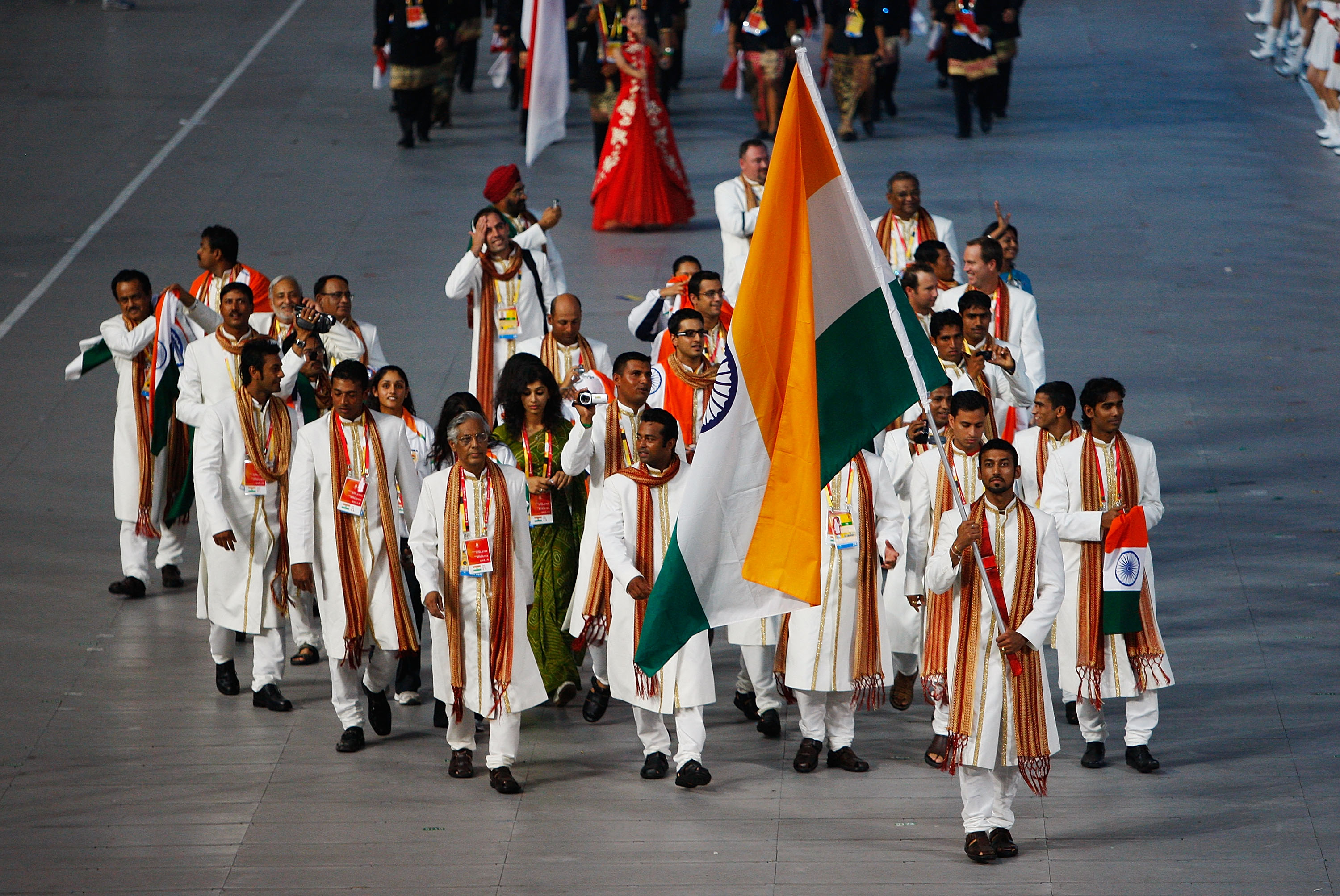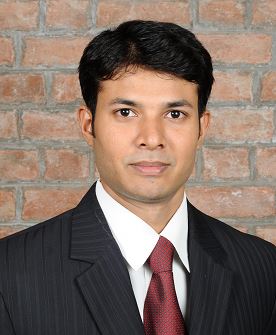Tokyo 2020 | More than the Govt, its we, the people, who can ensure India wins more Olympic medals
When the Chennai floods happened last year, the entire nation mourned the tragedy along with the people of the city; people from all walks came together to fill in for absent Government intervention, and then rightfully went on to bash it for the poor infrastructure planning.

Meanwhile, some lone voices brought up the fact that the areas where lakes had been leveled to build apartments were the most affected. Everyone nodded in unison, and in months went about booking their “lake-view” apartments from unauthorized builders. Life was back to normal. Something similar happened to India after the Rio Olympics – after collectively hanging our heads in shame, we muttered a few expletives at the corrupt Government and went back to watching India play West Indies in a glitzy T20 in the USA. Ohh! The lovely familiarity of normal life!
To begin with, there is no denying the fact that the Government does need to make systemic changes to the way sports is organized in this nation. We need better sports administrators, better infrastructure, and before all a vision. Else, it will be a roll of dice when the Olympics come along every four years – and we will never get past the six.
However, there is only so much a Government can do, and there is so much we, as citizens, have failed our nation in. As we clamor the heads of our Netas, who no doubt have embarrassed us in the global scene, and while we take on British journalists for their humiliating comments about a nation of billion celebrating a paltry two medals, we should take some time to look into the mirror. Have we done our simple part before we ask what we ask of our Government?
It again begins with the apartments. When we plan our townships and book our new apartments, we ask about whether there are shopping complexes, schools, bus stops in the vicinity. How much mind-space do we allocate asking if there are enough sports facilities around? Of late, we have seen the emergence of parks and walking spaces in most townships, but public sports facilities still have not been deemed important enough to be part of the plan. And we implicitly expect the children to sports whatever sports they want to sports in during the PET classes and in the school ground. After all, why else do we pay those hefty tuition fees?
When the kid does do well in sports, he is constantly reminded that he still needs to be in the top ranks. While that is understandable, we need to be fine with minor sacrifices as the kids find their way through their wants and passions. But we do not have the time, do we? When the IIT coaching has to start already by the time the kids are in their 8th standard, where is the time for taking up a professional sport. While parents of the recent generation have moved far in this direction, we still do not accord kids who excel at sports the same respect that we give for IIT entrance toppers. As Pullela Gopichand said, "We have far too many kids dropping out of the system and leaving sport midway.”
The underlying reason is the lack of a sports culture in the nation. In the US, the local sports culture is so vibrant that people take pride in winning even local competitions. Inter-college basketball is almost as famous as the NBA, and kids who take the local school to a win over the neighbors are given heroes' welcomes when they return. School events turn into much more than simple sports events – the atmosphere looks more like local fairs. In India, when athletes break national records, they do it to empty stadiums. There are no FITJEE institutes splashing their photos in national newspapers. Why would any sane kid take sports up seriously if he can make it count by mugging books than kicking a ball?
It's time we think about how we have, as a nation, failed the next generation by not building a sports culture.
Finally, there is another area where we need to bring about the biggest change at the grassroots level—basic health. While it appears to be a long connect, the link between basic health and sports could be much more. It should not come as a surprise that nations with better healthcare also perform better in sports. Creating world-class athletes can only be possible when we ensure a generation of healthy kids who attain the best of their physical conditions. Our current state of public health – with its levels of malnutrition, open air defecation, and related infectious diseases, has inarguably robbed us of a generation of potential talents. Malnutrition in India is not avoidable even if you are a precocious talent known nation-wide – Budhia Singh, the 8-year old marathon running prodigy, had to leave the Orissa state's sports hostel as he was not given the adequate nutrition suiting a marathon runner's needs.
In fact, basic health is so important that Jamaica's success in track & field as it produces Usain Bolts and Asafa Powells has been largely attributed to its public health reforms decades back.
However, we need not look so far for models to emulate – Haryana has managed something remarkable. The state has contributed to so many of India's Olympic medals that it's worth understanding what they are getting right. Firstly, the people of the state have inculcated an active sports culture as they encourage their kid to take up sports shunned in other parts of the nation – boxing and wrestling. Even their women, despite the heavily patriarchal nature of the society, have been encouraged. The Government as well has done its part by putting a robust system in place for developing sports – the SPAT scholarship program has worked wonders by supporting athletes from the school level.
It is time we learned from Haryana's success and tried to emulate their methods. The results may not come pouring in by 2020, but by then we would have created at least the foundation to launch our tall Olympic dreams from.

Comments
Sign up or log in to your account to leave comments and reactions
0 Comments